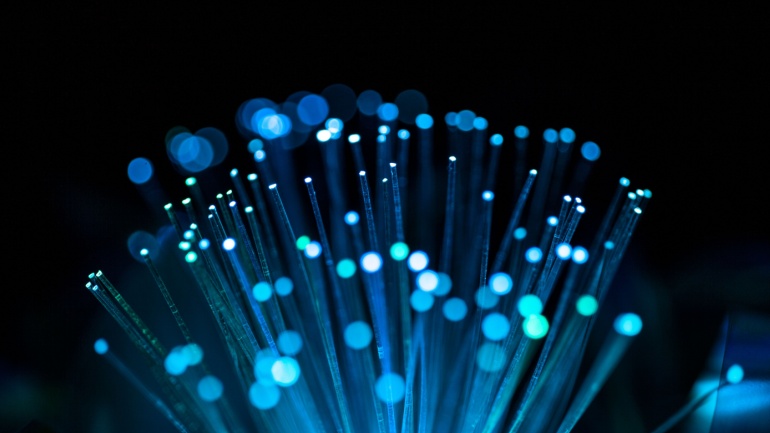Elisa and Nokia are pioneering the first 100G PON trial in Europe with Nokia’s Lightspan MF solution. This initiative not only promises unprecedented broadband speeds but also enables seamless integration of 25G, 50G, and 100G PON services on a single network.
Intel has announced a significant delay in constructing new chip manufacturing facilities in Germany and Poland, following disappointing Q2 financial results. This delay could impact Europe’s ambitions to bolster semiconductor production and reduce dependence on Chinese manufacturing.
Sparkle, an international service provider, and Airtel Business have partnered to enhance VoIP connectivity between Asia and Europe via the Blue & Raman Submarine Cable Systems. This strategic agreement promises to diversify and expand global network capacity, catering to increasing data demands and ensuring seamless VoIP services for businesses and consumers.
Vodafone has launched Europe’s first 5G mobile private network at the Temelín Nuclear Power Plant in Czechia, replacing traditional walkie-talkies. In partnership with ČEZ Group, this pilot project enhances safety and operational efficiency through advanced communication tools like augmented reality glasses, ensuring secure, independent data management within the plant’s systems.
Iliad has ascended to one of Europe’s top five telecom operators, bolstered by a 10.3% revenue increase in H1 2024. Growing nearly 50 million subscribers across France, Italy, and Poland, Iliad’s innovative offerings, like the Freebox Ultra Wi-Fi product, and strong market performance highlight its competitiveness in the telecommunications landscape.
Sinch, which is pioneering the way the world communicates through its Customer Communications Cloud, today announced that its new Customer Connections hub, an online resource centre designed to support customer experience (CX) professionals and marketers, will now be available in Europe across all digital channels. The hub is designed to support European marketers at more than 150,000 businesses worldwide that partner with Sinch, helping them build lasting customer relationships by delivering exceptional experiences across every customer channel.
Vodafone and Meta have teamed up to tackle network congestion and enhance mobile user experience across Europe. Launched in June, this VoIP-optimized partnership spans eleven markets, focusing on video optimization to reduce network traffic. Initial tests in the UK show significant traffic reductions for Meta apps, freeing up resources for high-traffic areas.
BT Group, Nokia, and Qualcomm have successfully tested 5G Standalone (SA) 5CC carrier aggregation at Adastral Park, making BT the first European operator to achieve this milestone. Utilizing Qualcomm’s Snapdragon 5G Modem-RF system and Nokia’s 5G AirScale portfolio, the tests achieved downlink speeds of 1.85 Gbps, highlighting the potential of 5G SA.
Mitel, a global leader in business communications, has announced the launch of its Virtual Care and Collaboration Service (VCCS) in seven European countries: the UK, Belgium, France, Italy, Spain, the Netherlands, and Switzerland. The company plans to expand this service globally by the third quarter of the year.
Enreach, Europe’s leading provider of converged contact solutions has today announced that Bertrand Pourcelot, Enreach for Service Providers’ Chief Executive Officer, and Tonny Siemons, Enreach’s Business Development Lead for Cloud IT, will each join panel sessions at the upcoming CCA European Summit. The event takes place 19-21 June 2024 at the Hotel Palacio Estoril in Estoril, Portugal.













